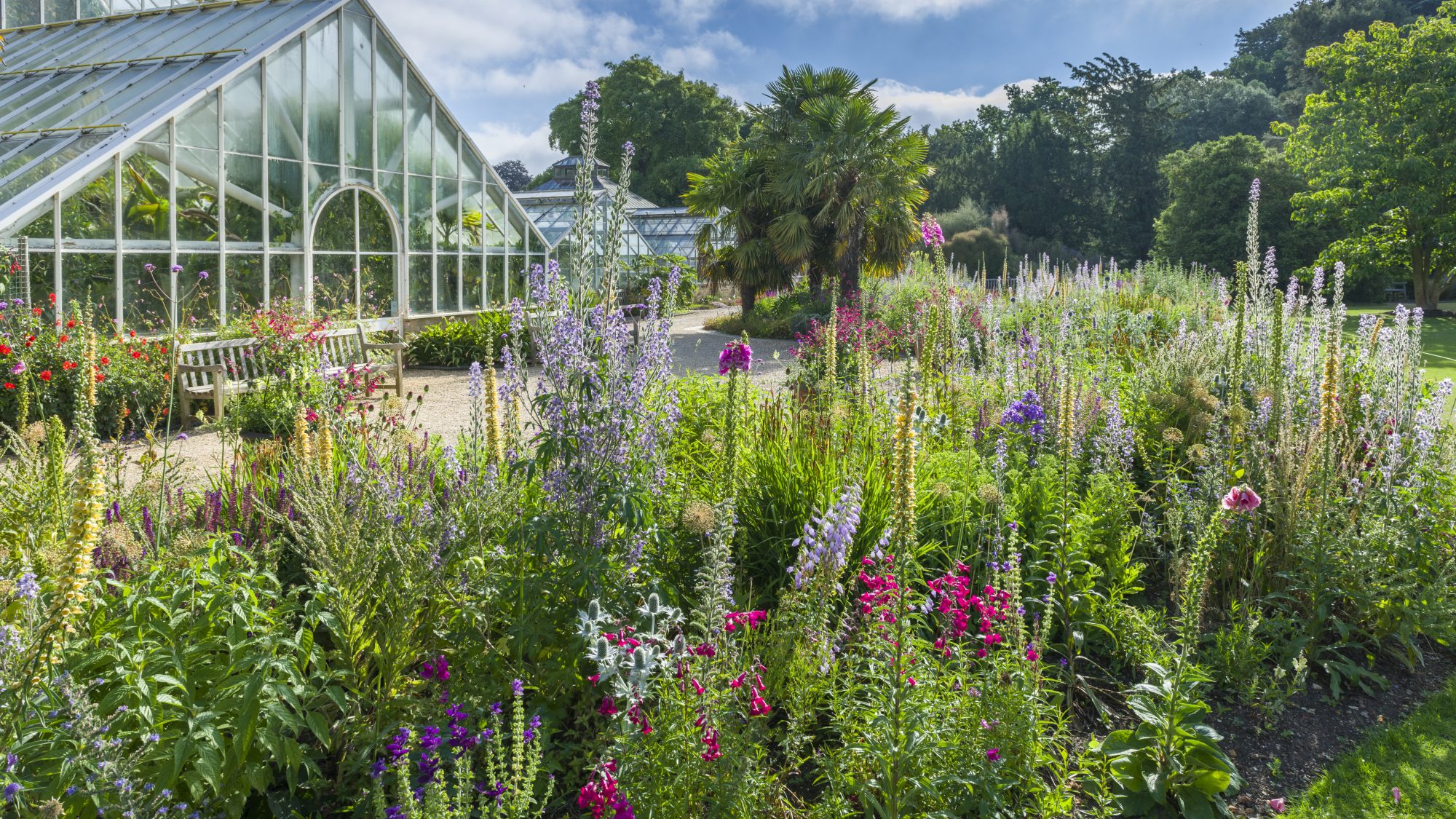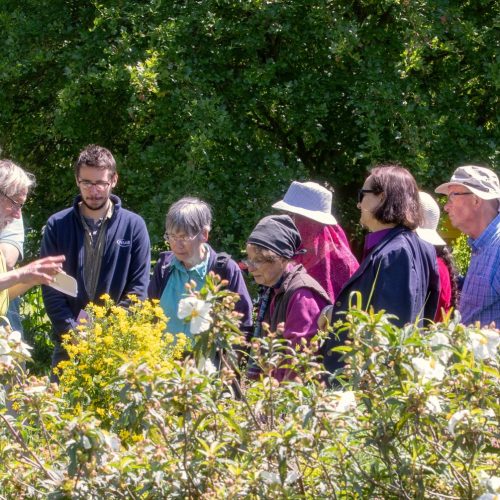Wildlife friendly gardening at home
Our gardens not only provide us with pleasure and sometimes food, but also make up an important network of green space that can provide vital habitat for wildlife. Explore the ways you can attract different wildlife species to your garden by visiting us and taking a stroll around our 16 hectare wildlife oasis through the lens of our wildlife friendly gardening trail, a new addition to our adult trail series.
Cambridge Community Gardens encouraging wildlife
Here are two examples of the work community gardens do in Cambridge to encourage biodiversity.
CoFARM is a charitable institution to help nature and communities thrive. The farm does not use chemical pesticides, fertilizers or herbicides, but uses nature friendly ways of managing pests, such as planting cover crops, companion planting and promoting pollinators. The farm is also working with researchers to show how small scale farms like this can help improve biodiversity.
The Cambridge Cyrenians Allotment Project works with local homeless people and runs on a therapeutic horticulture model across six full-sized allotment plots in the city. It provides specific horticulture training, supported work experience and a safe social environment for some of the most disadvantaged people in Cambridge. The team at the project grow vegetables, herbs, soft fruit, tree fruit and wildflowers using organic methods. The project also now includes its first bee hive.
Participants are encouraged to get involved in all aspects of the project. Two of the six plots are gardened to promote wildlife, with a blackberry walk, and areas where allowed to grow wild. There’s also a pond, and a dwarf orchard as well as bug hotels, log piles, bird feeders and areas of bare earth for certain wildlife to nest and bask in.




